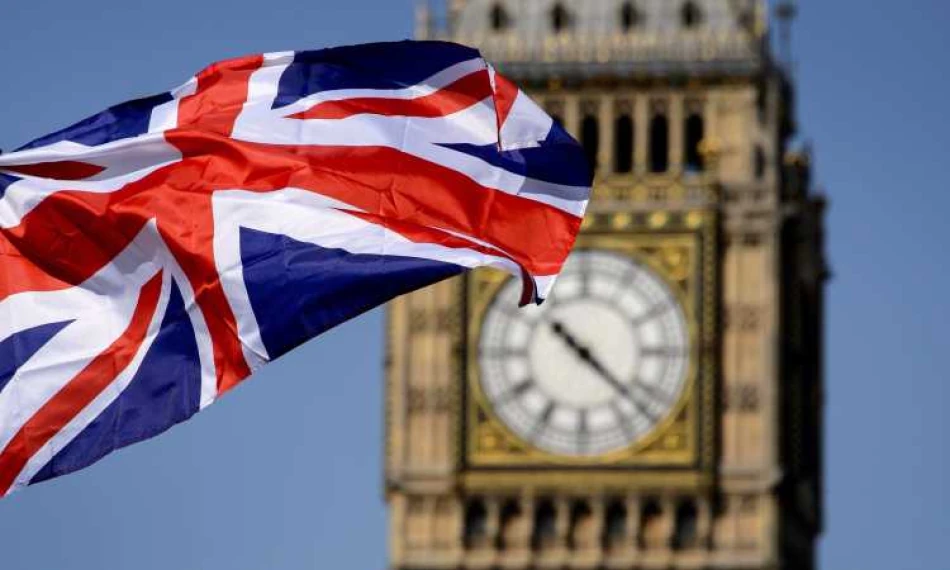
Historic Shift: Britain Officially Recognizes Palestine on Maps for the First Time
Britain has officially recognized the Palestinian state, with Prime Minister Keir Starmer announcing the decision alongside similar moves from Canada, Australia, and Portugal. The UK government has already started updating its official websites and maps, replacing references to "occupied Palestinian territories" with "Palestine."
The changes are visible across multiple government platforms. Foreign Office travel advice pages, diplomatic mission listings, and official regional maps now show "Palestine" instead of the previous terminology. This quick administrative shift shows how recognition translates into practical policy changes.
Starmer made the announcement during a press conference, framing it as part of broader Middle East peace efforts. "In the face of escalating horror in the Middle East, we are working to preserve the possibility of peace and a two-state solution," he said. But he was clear about conditions: "Hamas cannot have a future, no role in government, and no role in security in any Palestinian state."
This puts Britain in a significant diplomatic position. It's now the third G7 nation to recognize Palestinian statehood, joining Canada and Australia. The timing matters too - the announcement came just before a UN General Assembly meeting co-hosted by Saudi Arabia and France, where several more countries, led by France, are expected to announce their own recognition.
For international relations, this creates momentum. When major Western economies start recognizing Palestinian statehood, it puts pressure on other allies and trading partners to clarify their positions. It also signals to Middle Eastern partners that Western policy is shifting, even as the conflict continues.
The move carries economic implications as well. Recognition typically opens doors for direct trade relationships, development aid, and international banking connections that weren't possible before. For businesses operating in the region, this could mean new opportunities but also more complex compliance requirements as they navigate relationships with both Israeli and Palestinian authorities.
Britain's decision reflects a broader European trend toward Palestinian recognition, though it puts the UK at odds with the United States, which hasn't taken this step. This diplomatic divergence could affect coordination on Middle East policy going forward.
Most Viewed News

 Sara Khaled
Sara Khaled






